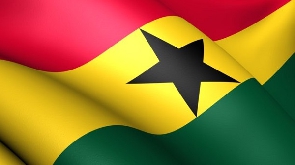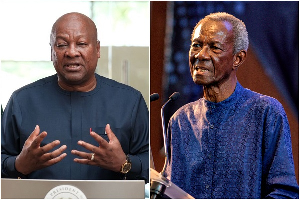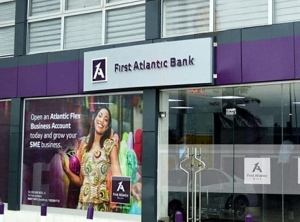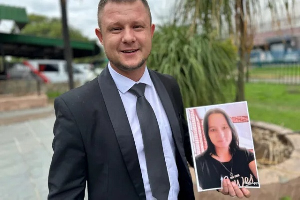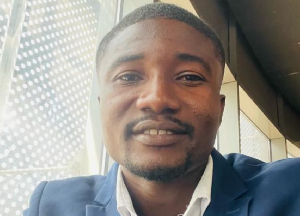Amidst the vibrant rhythms and colorful landscapes of West Africa, Ghana stands tall as a beacon of democracy. Its rich history, cultural diversity, and unwavering commitment to democratic values have earned it a distinctive place on the continent. As the nation gears up for the highly anticipated 2024 general elections, the spotlight turns to the imperative of safeguarding peace before, during, and after the electoral process.
In this unfolding narrative, the roles of political heavyweights like the New Patriotic Party (NPP), the incumbent government, and the National Democratic Congress (NDC), the principal opposition party, take center stage, underscoring the profound influence they wield in maintaining Ghana's democratic harmony.
Ghana's democratic journey is a testament to the strength of its people and the resilience of its institutions. Peaceful elections are the lifeblood of this democracy, ensuring its continued vibrancy and growth. But why is maintaining peace in the run-up to the elections and beyond so vital?
First and foremost, democratic stability is at stake. Ghana's impressive track record of peaceful transitions of power has bolstered its democratic credentials and engendered trust in its political institutions. A peaceful election in 2024 is essential to maintain this stability and protect the nation's hard-won democracy.
Political parties, particularly the New Patriotic Party (NPP), which is currently in power, and the National Democratic Congress (NDC), which is the main opposition party, have important responsibilities to play in this endeavour. The burden of setting the example for peaceful elections is squarely on these parties.
As the current government, the NPP must demonstrate its dedication to democracy by promoting fairness, openness, and electoral law compliance. In doing so, it supports the notion that, regardless of the results of the election, political transitions can be peaceful.
On the other hand, the NDC, as a key opposition force, has a critical role in promoting constructive dialogue, advocating for fairness, and holding the government accountable. Peaceful elections demand a robust opposition that participates actively in the electoral process while respecting the rule of law.
Smaller political parties, though less prominent, also play an important part in maintaining peace. They offer alternative voices and choices to the electorate, enriching the democratic discourse. Their commitment to peaceful campaigns and cooperation in accepting the election results contribute significantly to Ghana's democratic stability.
Economic prosperity also hangs in the balance. Peace attracts investment and fosters a conducive environment for economic growth. In these times, when economies worldwide are interconnected, a peaceful Ghana is not only in the interest of its citizens but also the global community.
Social cohesion, the glue that binds diverse communities, is another crucial factor. Political tensions and violence can rip apart the fabric of society along ethnic, regional, or political lines. By maintaining peace, Ghana ensures that its people can live together harmoniously, free from strife and division.
Respect for human rights and the rule of law is a cornerstone of any democracy.
Peaceful elections guarantee that citizens can freely express their opinions and engage in the electoral process without fear of violence or suppression. Ghana's international reputation as a democratic role model is also at stake. The world looks to Ghana as a shining example of a peaceful democratic transition. Upholding this reputation is vital for diplomatic relations, foreign aid, and global partnerships.
To achieve and maintain peace, a collaborative effort is required. Dialogue, mediation, and voter education are essential tools. Adequate security measures must be in place, and the independence and credibility of the Electoral Commission must be strengthened.
International observers play a critical role in ensuring transparency and fairness. Responsible journalism and reporting are equally important to prevent the spread of misinformation.
Post-election reconciliation efforts should be planned to heal any divisions that may arise during the electoral process.
As Ghana prepares for the 2024 elections, let us remember that the nation's commitment to peace is not just a political aspiration; it is a reflection of the character and values of its people. By safeguarding peace, we preserve the heartbeat of Ghana's democracy and set a shining example for the world to follow. Together, political parties, big and small, have a vital role to play in upholding this sacred trust.
Opinions of Tuesday, 3 October 2023
Columnist: Francis D. Fiadzeawu

